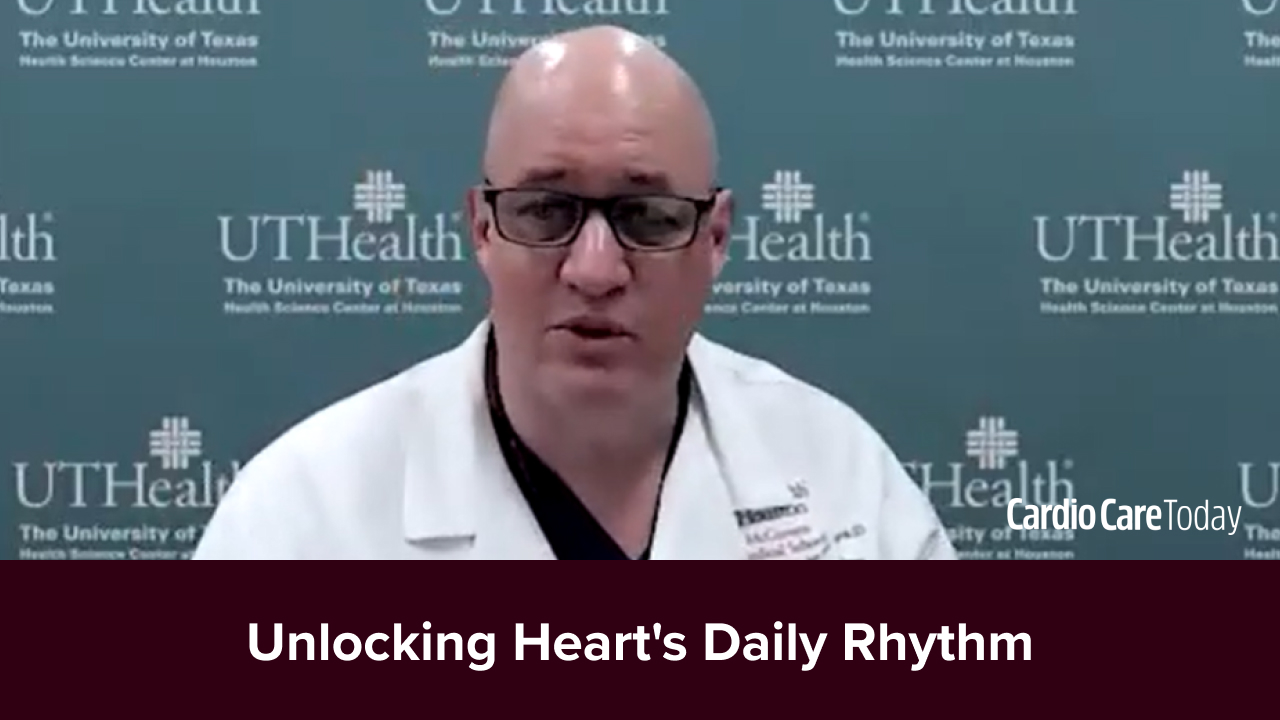
A study found that long-term health-related quality of life is high among survivors of out-of-hospital cardiac arrest. The results, which were published in JAMA Cardiology, support the resource allocation and efforts targeted at increasing survival in this patient population.
To determine the quality of life of survivors of out-of-hospital cardiac arrest, researchers conducted a survey study of 2552 patients in the Danish Cardiac Arrest Registry from June 2001 to August 2019 using the EuroQol Health Questionnaire, 12-Item Short Form Health Survey, and Hospital Anxiety and Depression Scale. The main end points of interest were self-reported health, including physical and mental health.
Researchers found that a low risk for anxiety was reported by 73.0% of 0- to 1-year survivors and 89.3% of those who survived longer than 15 to 20 years. For symptoms of depression, these proportions were 79.7% and 87.5%, respectively. Health-related quality of life was observed to be similar in survival groups across all follow-up periods.
“Among this survey study’s responders, who comprised more than 50% of survivors of out-of-hospital cardiac arrest in Denmark, long-term health-related quality of life up to 20 years after their event was consistently high and comparable [with] that of the general population. These findings support resource allocation and efforts targeted [at] increasing survival after out-of-hospital cardiac arrest,” the researchers concluded.







 © 2025 Mashup Media, LLC, a Formedics Property. All Rights Reserved.
© 2025 Mashup Media, LLC, a Formedics Property. All Rights Reserved.